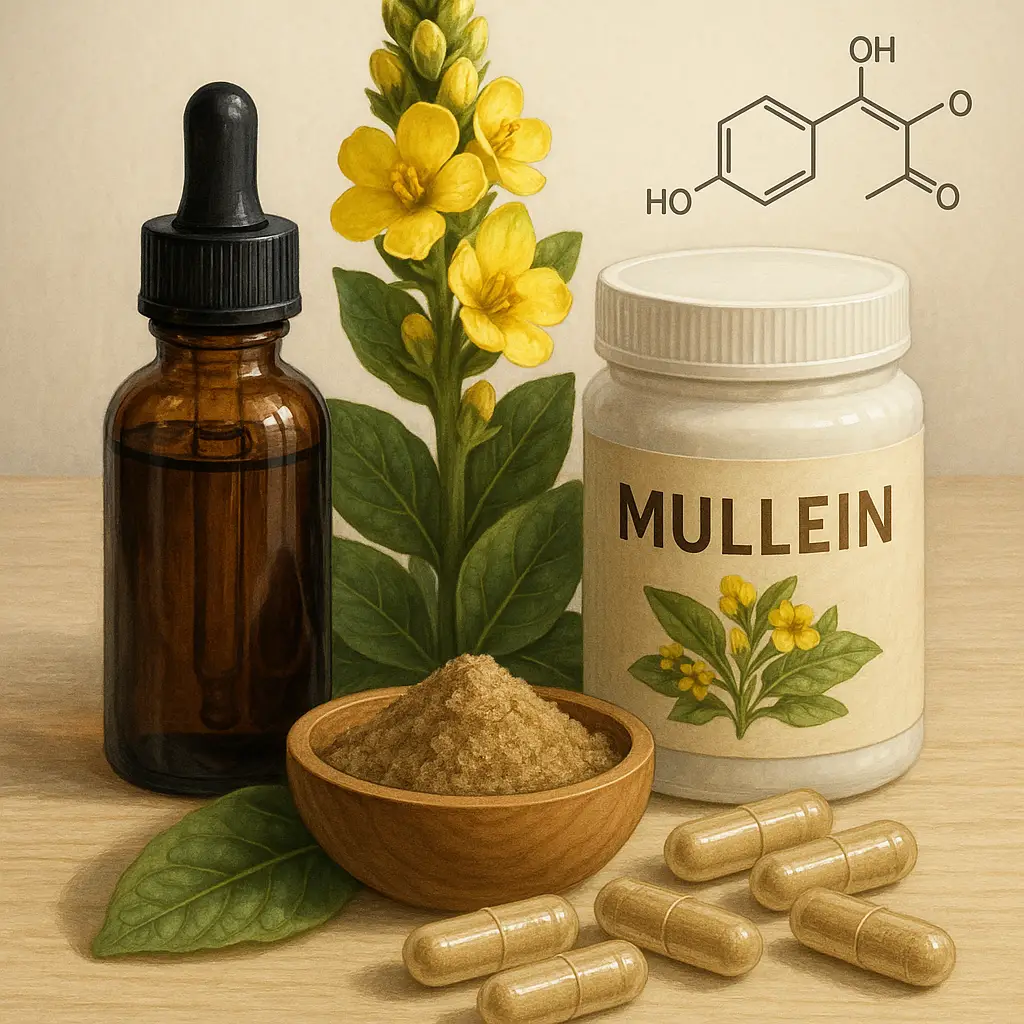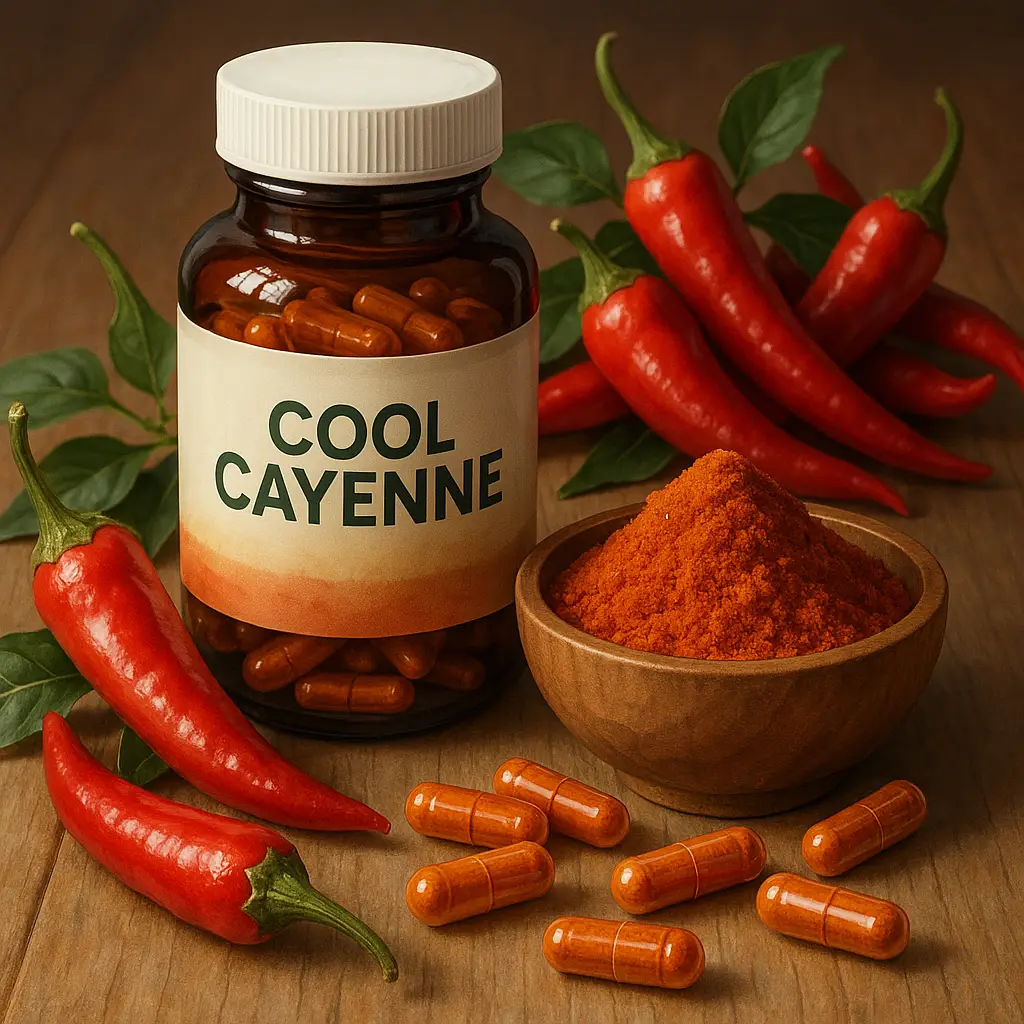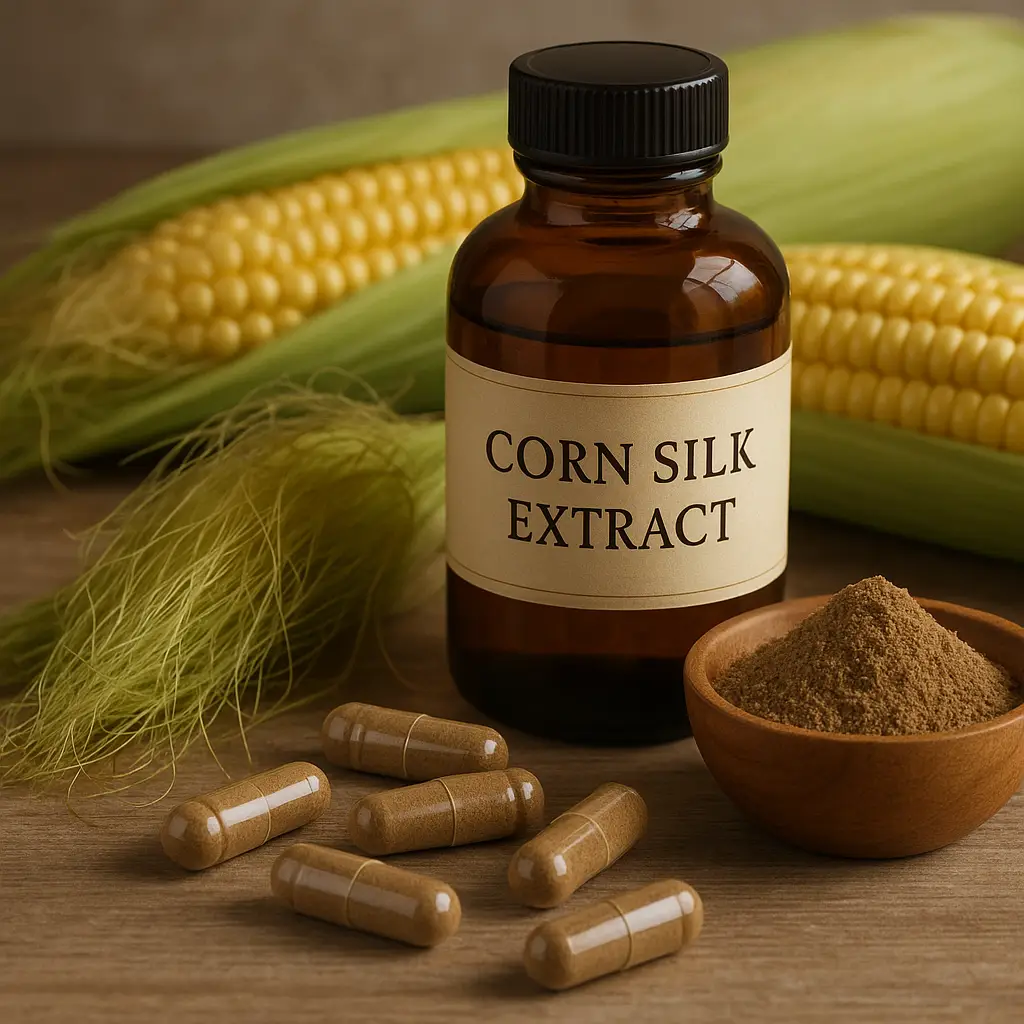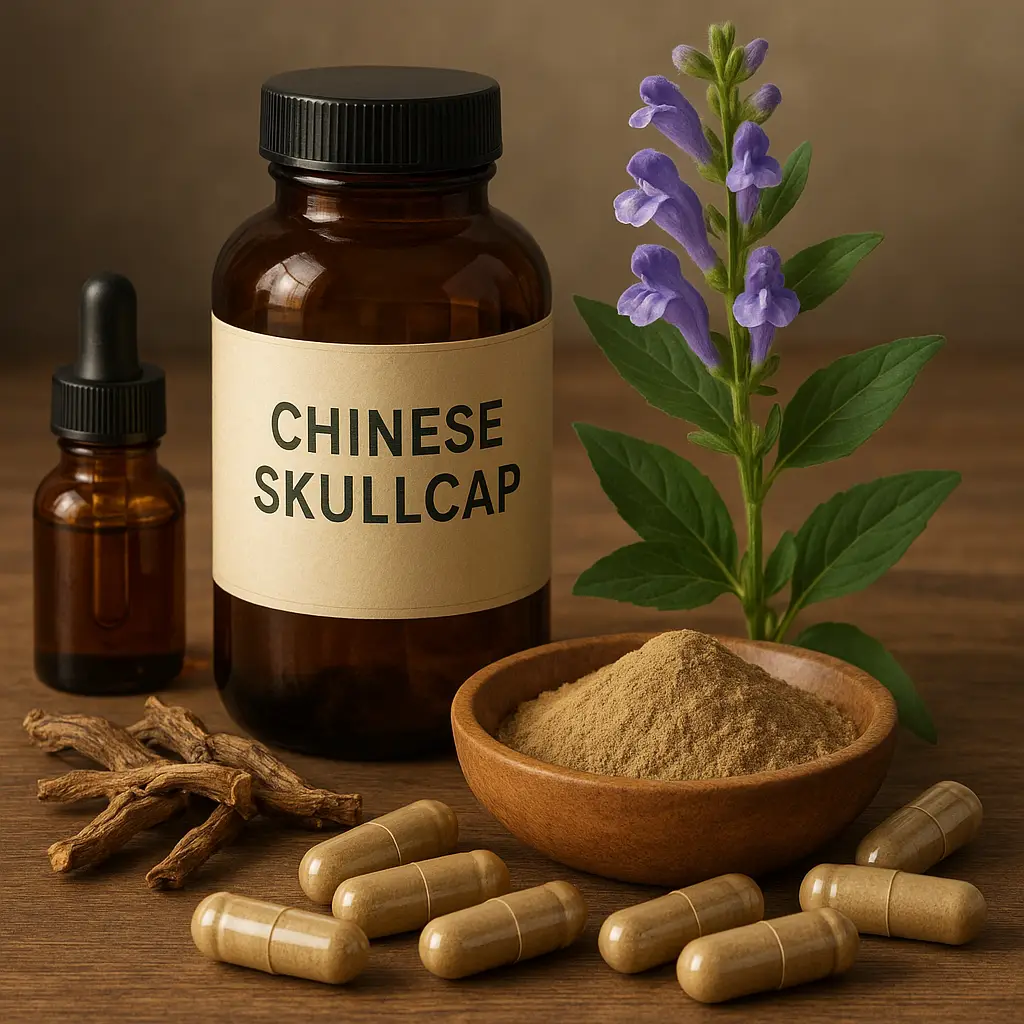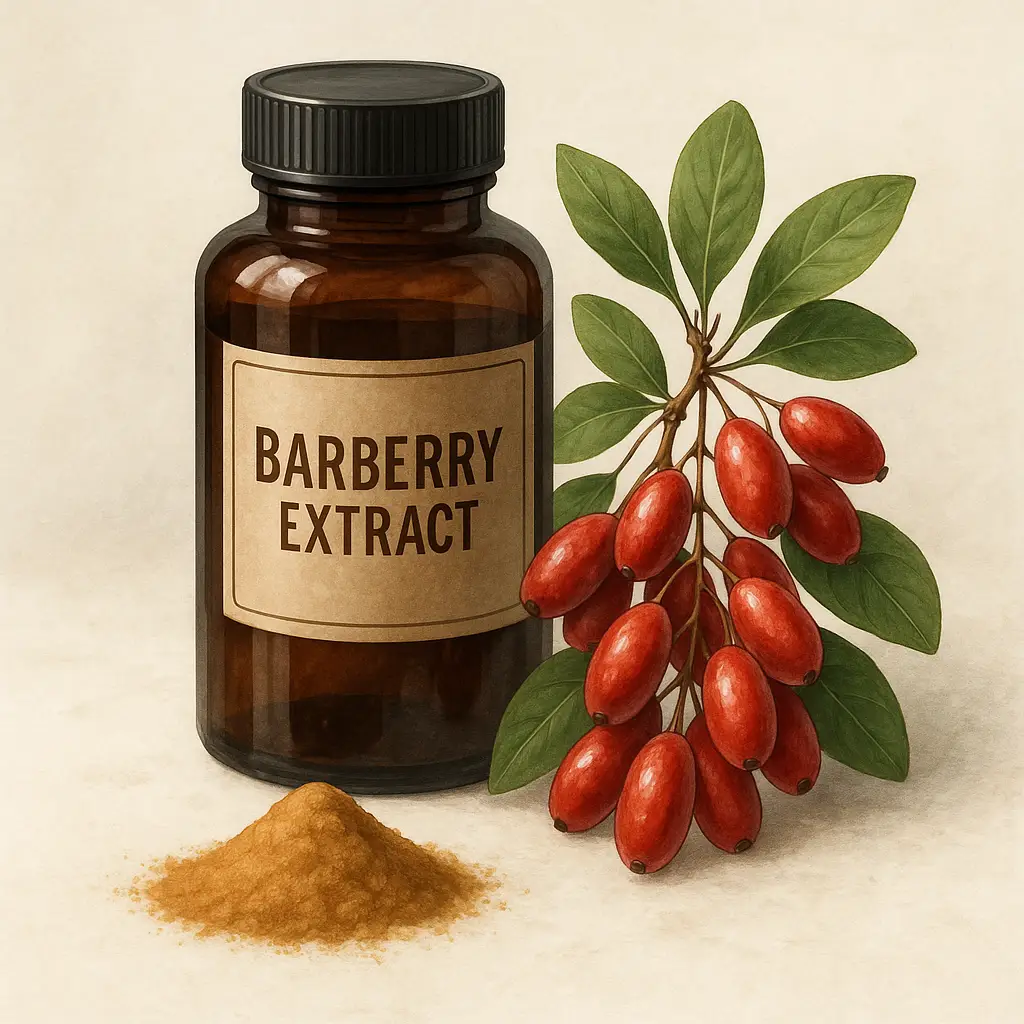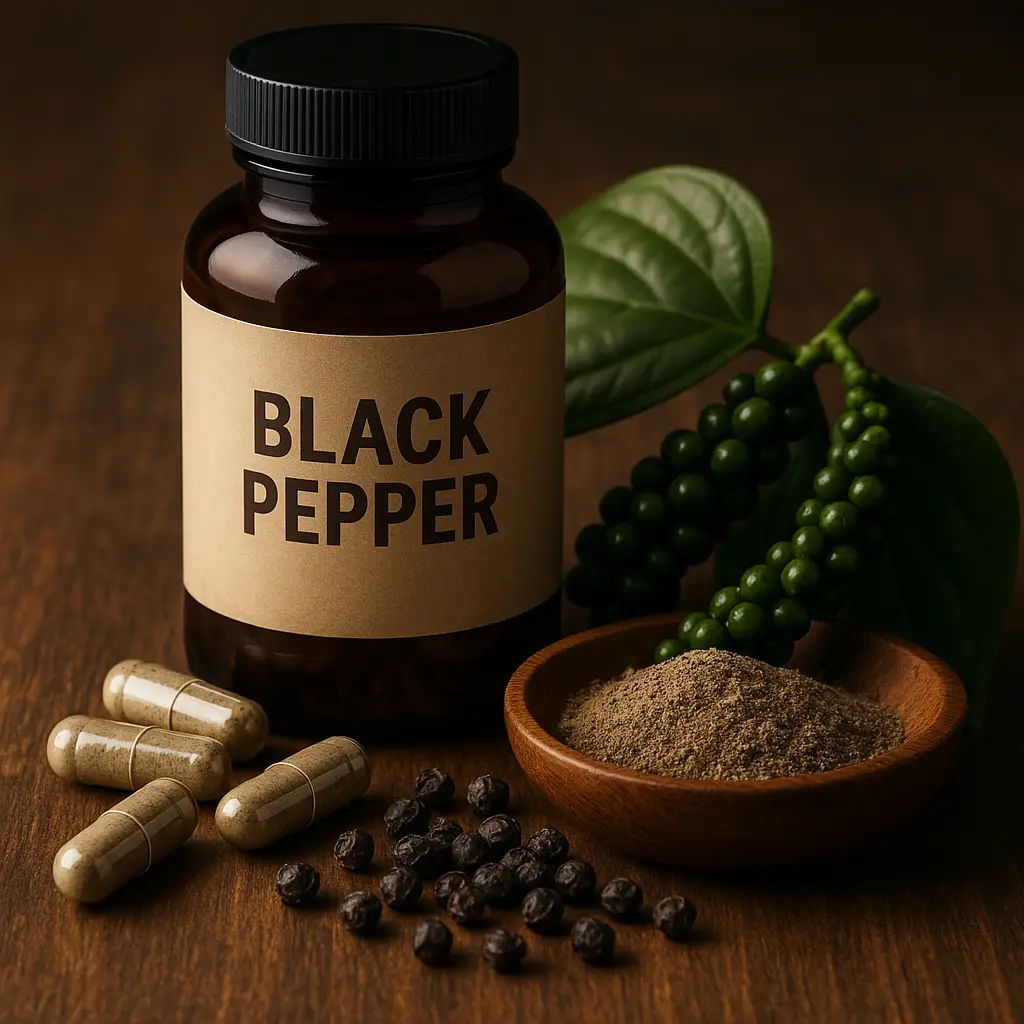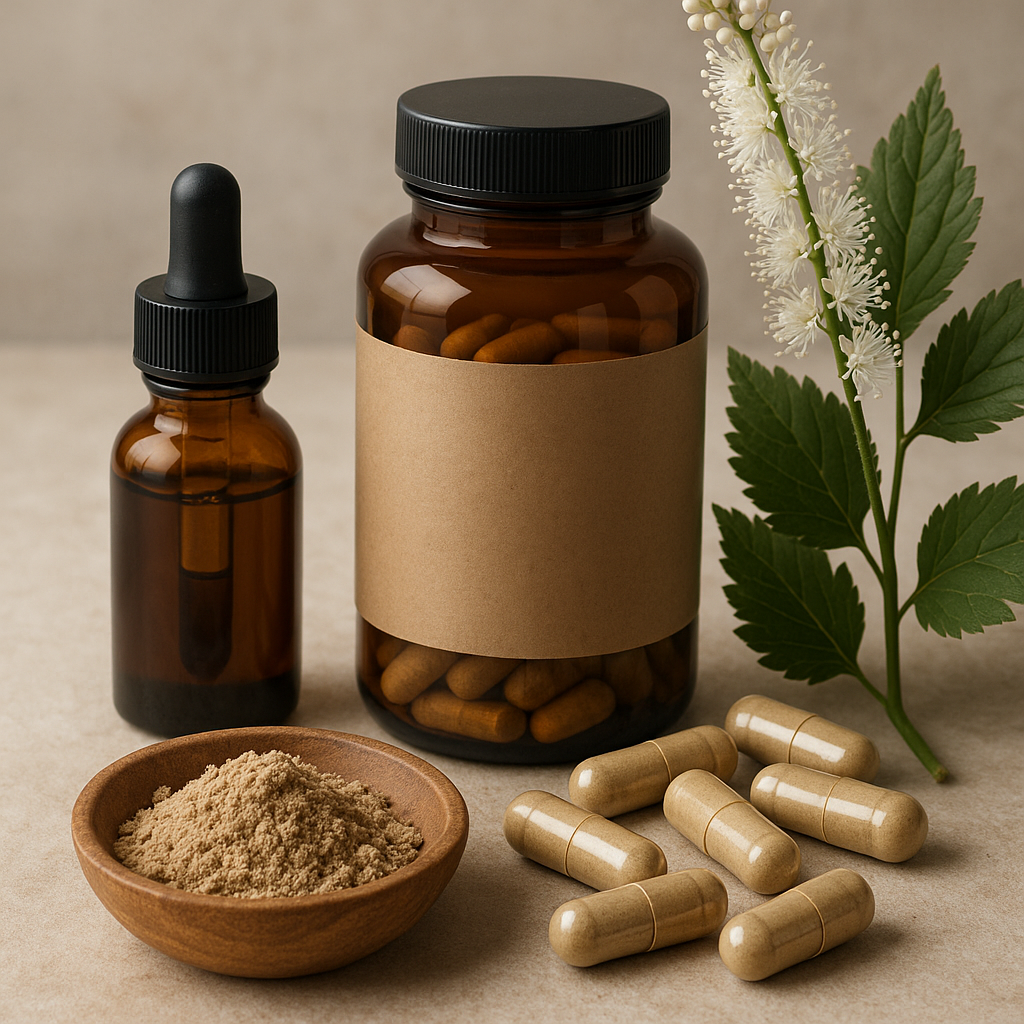Mullein
What is Mullein?
Mullein, scientifically known as Verbascum thapsus, is a flowering plant that belongs to the figwort family. Native to Europe and Asia, it has spread to North America and other regions. This plant is characterized by its tall spikes of yellow flowers and broad, hairy leaves. Both the leaves and flowers have been used for centuries in traditional medicine, featuring a unique composition rich in antioxidants, flavonoids, and mucilage.
Benefits of Mullein
- Respiratory Health: Mullein is well-known for its supportive role in respiratory health. It functions as an expectorant, helping to expel mucus from the lungs. This can be particularly beneficial for conditions like bronchitis and asthma.
- Anti-Inflammatory Properties: The plant contains compounds that exhibit anti-inflammatory properties, making it useful for soothing inflammatory conditions.
- Antioxidant Effects: Mullein is rich in antioxidants, which protect cells from damage caused by free radicals and may contribute to overall health and longevity.
- Pain Relief: Traditionally, mulleins have been used as a natural remedy for minor aches and pains, thanks to their analgesic properties.
- Supports Digestive Health: The mucilage present in mulleins can soothe the gastrointestinal tract, potentially alleviating digestive discomfort.
Types or Forms Available
Mullein can be found in several forms, including:
- Tea: Mullein leaves can be dried and brewed into a tea.
- Capsules or Tablets: Concentrated forms available for easy consumption.
- Tinctures: Liquid extracts that capture the plant's active compounds.
- Oils: Mullein flower oil can be used for topical applications or ear oil.
How to Use Mullein
The recommended usage of mullein can vary depending on the form:
- Tea: Steep 1-2 teaspoons of dried leaves in hot water for 10-15 minutes. Consume 2-3 times daily.
- Capsules/Tablets: Follow the manufacturer's dosage recommendations, usually around 300-500 mg up to three times daily.
- Tincture: Typically used in doses of 1-2 ml, taken 2-3 times daily.
- Oil: Can be applied topically or used in ear comfort (consult a healthcare provider before use).
Side Effects and Considerations
Mullein is generally considered safe when used appropriately. However, some potential side effects may include:
- Allergic reactions, particularly in those sensitive to plants in the figwort family.
- Stomach upset in some individuals; a gradual introduction is advisable.
- Pregnant or nursing individuals should consult a healthcare professional before use.
Foods Rich in Mullein
While mullein itself is not commonly found in foods, it can be consumed in the forms mentioned above. However, integrating a variety of antioxidant-rich fruits and vegetables into your diet can complement the benefits of mullein.
Common Myths About Mullein
- "Mullein is a cure-all." – Misconception. While it has numerous health benefits, it should be used as part of a comprehensive approach to health.
- "All parts of the plant are edible." – Misconception. Only the leaves and flowers are typically used, and caution should be exercised with other parts.
- "Mullein can replace prescribed medications." – Misconception. It should not be used as a substitute for medical treatment without consulting a healthcare professional.
Conclusion
Mullein is a versatile plant with a long history of use for promoting respiratory health and overall well-being. With its rich composition of antioxidants and soothing properties, it can be a valuable addition to your health regimen. As with any supplement or herbal remedy, it is essential to consult with a healthcare provider, especially if you have pre-existing health conditions or are taking medications.



